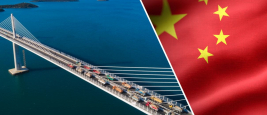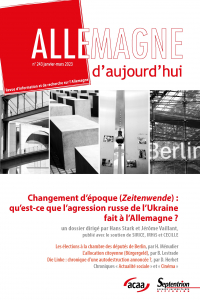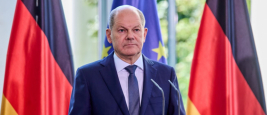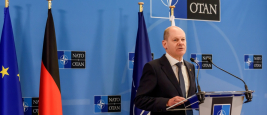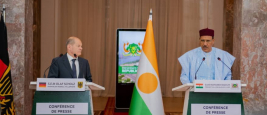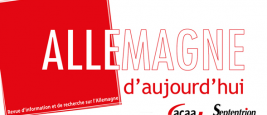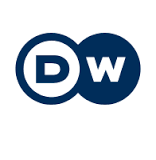With its new Skilled Immigration Act (Fachkräfteeinwanderungsgesetz) of 23 June 2023, Germany aims to become the country with "the most modern immigration law in Europe". A new points system and new entry rules for experienced workers having a degree from their home country...

Germany on the world stage
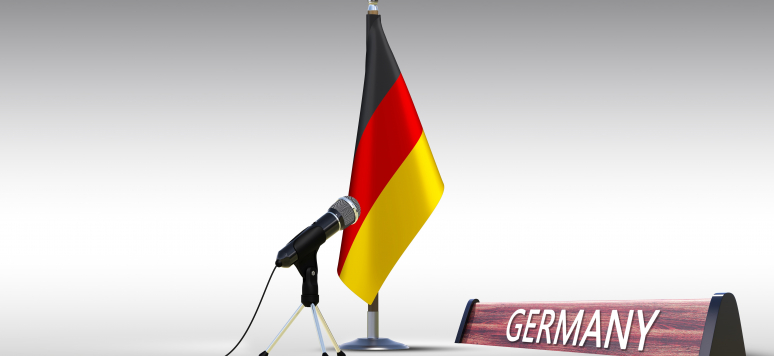
In a changing world, Germany is more than ever seen as a factor of stability in the face of increasingly numerous and frequent crises. The longevity of its political staff, the power of its economic model and the appeal of its code of values and principles are certainly not unrelated. It embodies stability but can it also serve as a bulwark against the phenomenon of deconstruction of the multipolar order from 1945? The Islamist terrorist threat, the war in the Middle East, Russian expansionism, the unpredictability of the Trump administration, the rise of populism, the question of opening markets and the uncertainty about the future of the European Union constitute the various elements of a poly-crisis which undermines the foundations of German foreign policy. None of these challenges can be met alone or independently of others. Not to mention the dangers that lie ahead in the longer term.
In 2017, the Study Committee on Franco-German Relations (Cerfa) published the collective work " Germany on the International Stage - In Search of Stability in a Changing World " (available in French), edited by Barbara Kunz, Hans Stark and Stephan Martens.
Secretary General of the Study Committee on Franco-German Relations (Cerfa)
...Research Fellow, Study Committee on Franco-German Relations (Cerfa)
...Research Fellow, Study Committee on Franco-German Relations (Cerfa)
...Counselor on Franco-German relations at Ifri
...During the economic and financial crisis in 2008, during which the West was severely weakened, the ties between the Western Balkans and China were particularly close. For these countries, turning to China meant to secure new destination markets for their exports and to guarantee new...
The Social Democratic Party of Germany (SPD) looks back with pride on the history of its Ostpolitik, which it sees as having paved the way for German reunification. With the firm will to continue this Ostpolitik after the end of the Cold War, SPD politicians of the last 20 years have...
In response to Russia's illegal attack on Ukraine, EU member states have issued a series of economic sanctions against Russia. This also includes moratoria on certain products, e.g., in the energy sector.
The EU’s basic assumptions, on which it grounds its economic and trade power, are being steadily cast into doubt. The EU’s main trade partners, the US and China, increasingly set their sights on securing their supply chains, which may further a potential decoupling.
Against the backdrop of the war in Ukraine, the Bundeswehr has been led to refocus on territorial defense and collective security, which constituted the core of its activity for decades. This evolution break with the long period of efforts during which the Bundeswehr painfully tried to...
Germany, despite the reluctance of its public opinion, is committed to supporting security in the Sahel, notably through its participation in the European Union Training Mission in Mali (EUTM) and recently in Niger, and in the United Nations Multidimensional Integrated Stabilization Mission in...
When it was founded in August 1991, the Weimar Triangle was intended as a forum for trilateral consultations between the foreign ministers of France, the Federal Republic of Germany, and Poland on the future of Europe after the end of the Cold War.
The German government has long hesitated to take a position on the crisis between Russia and Ukraine. It has refused to question the planned commissioning of Nord Stream 2 and to supply Ukraine with weapons.
Aucun résultat
After 16 years of Angela Merkel, Germany’s federal election will not only pave the way for a new government but also for a brand-new foreign policy. At least potentially.
German Chancellor Merkel has met with French President Macron in what could be her final working visit to France. Some analysts say their cooperation should have produced more results.
"Thirty years of infidelity" is how France's current affairs magazine Marianne describes Germany's relationship with France. An issue this month was devoted to how Germany has been "fleecing France" for years.








